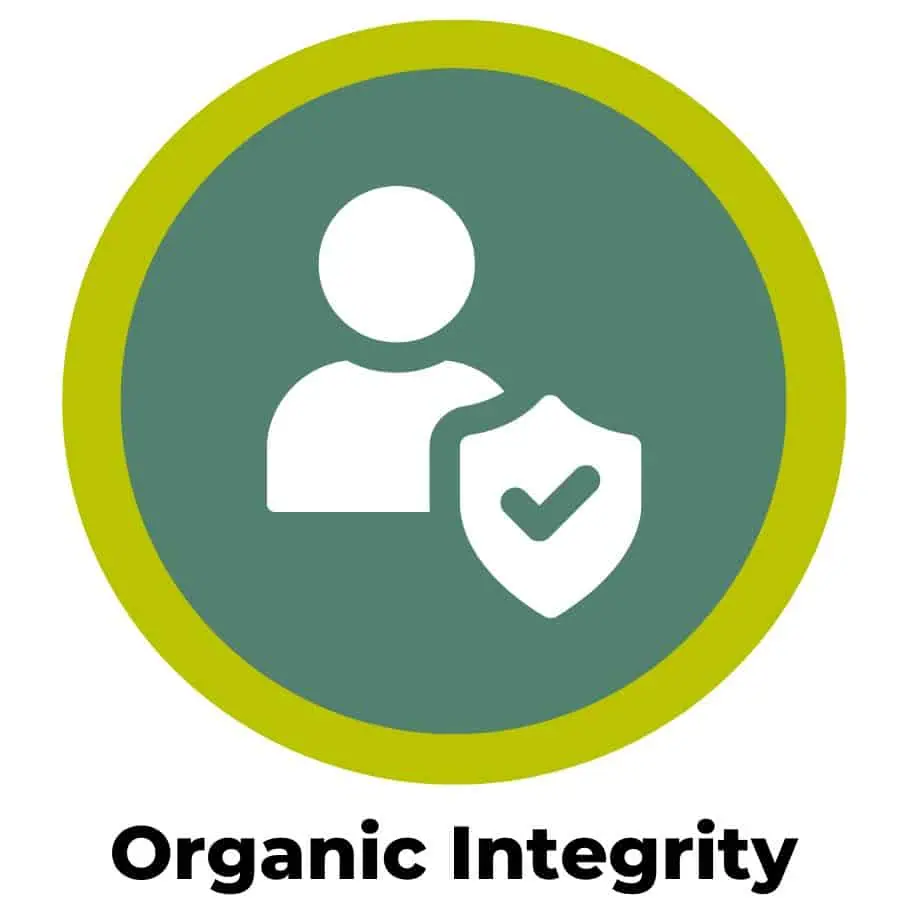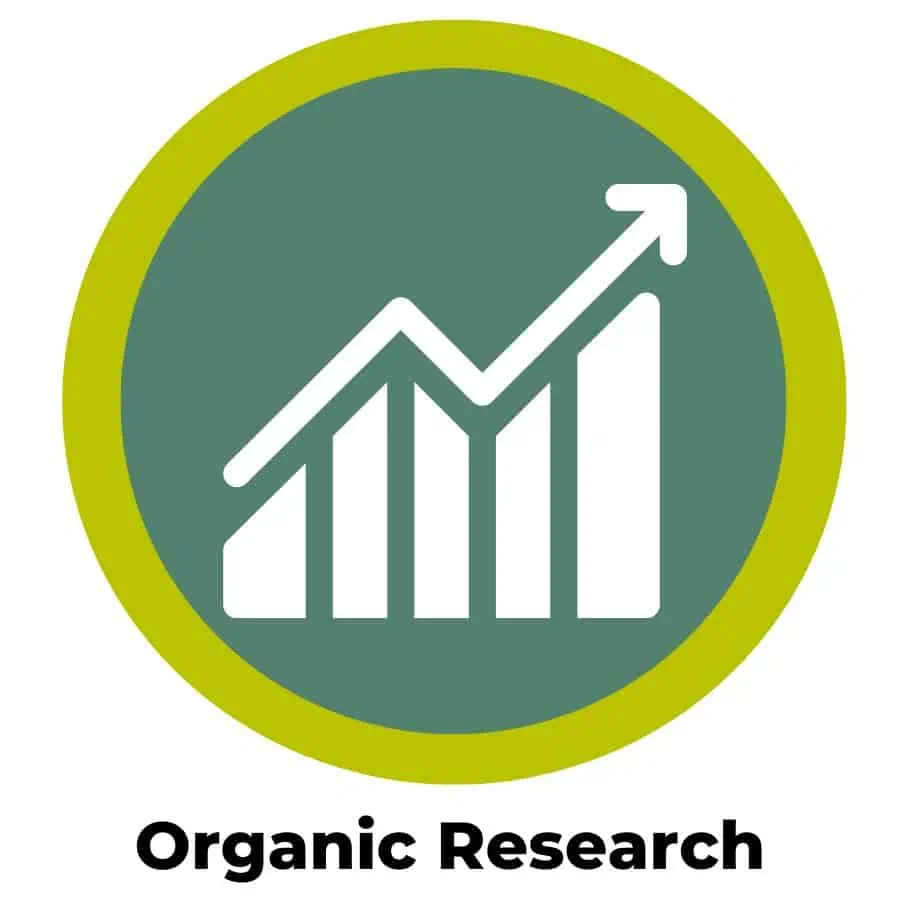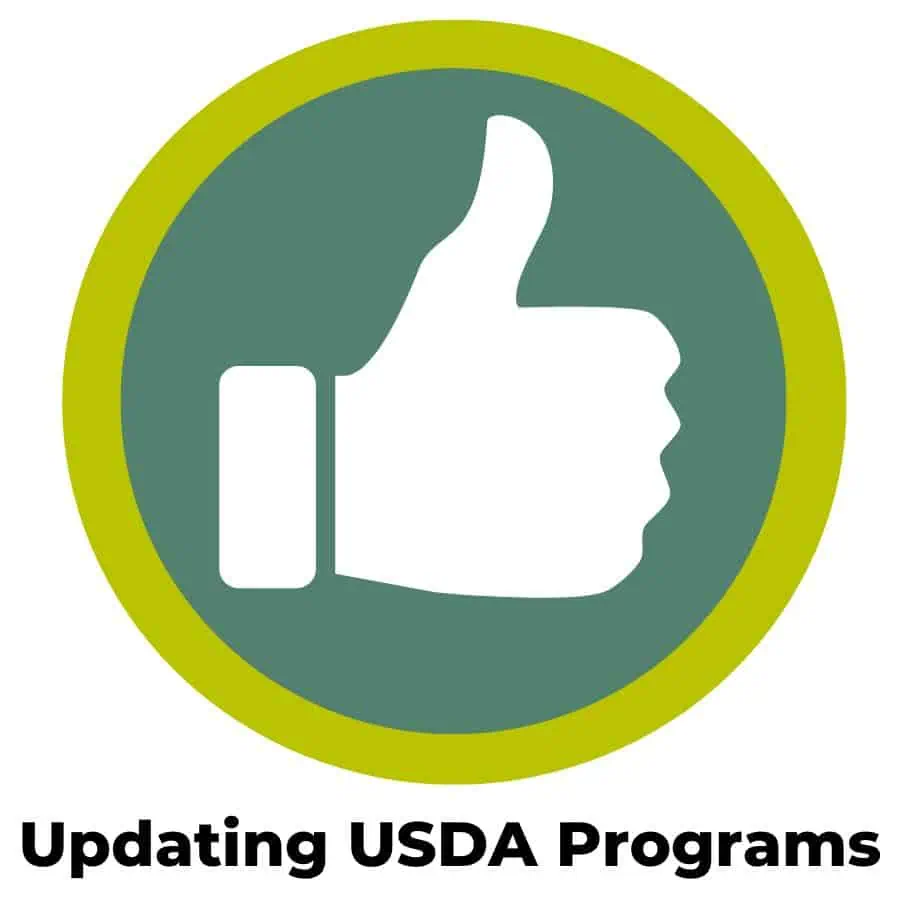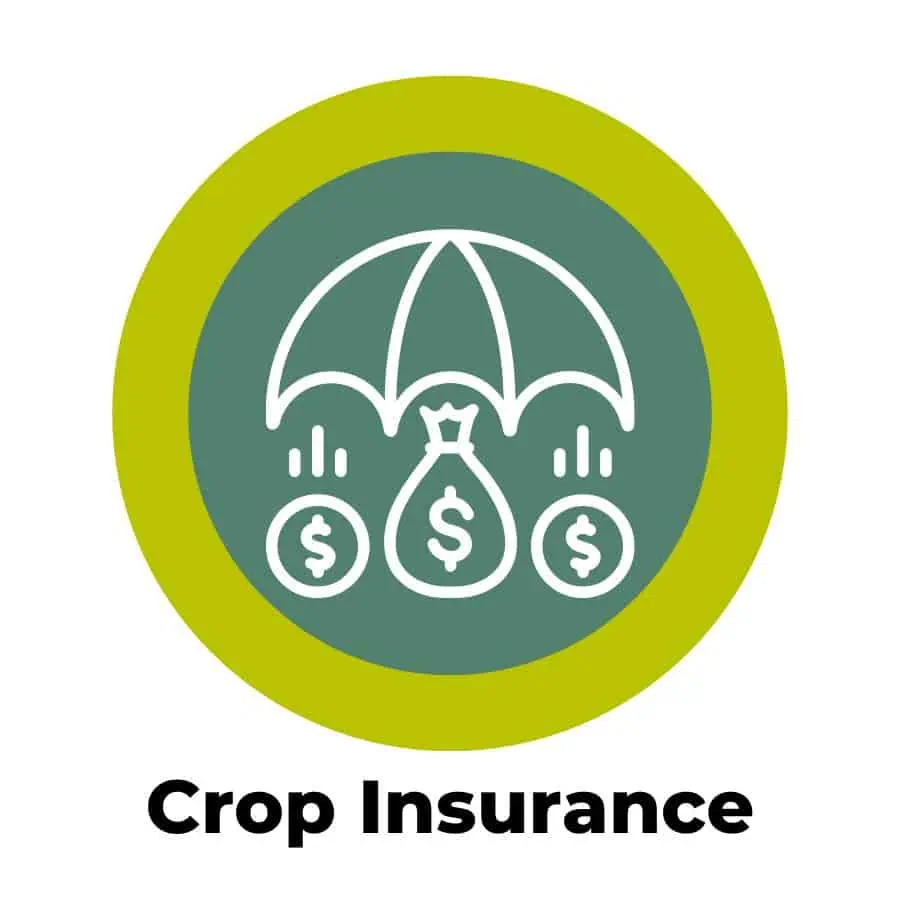Organic Farmers Association Farm Bill Tracker (119th Congress)
With a continuing resolution to keep the government funded at current levels through September 30, 2025, legislators are introducing and reintroducing Farm Bill marker bills. Bills that OFA supported during the 118th Congress need to be reintroduced in the new Congress elected last November.
These marker bills are not intended to pass on their own, but are a vehicle to introduce ideas and build support for policies in hopes that they’ll be included in the next Farm Bill. Marker bills with more congressional support have a better chance of making it into the final version of the Farm Bill.
Use this tracker to learn more about the marker bills OFA is tracking and working on that may impact organic farming. As we make progress, we’re updating the tracker, so check back regularly for updates as Farm Bill conversations continue in D.C.
Find OFA’s supported Farm Bill marker bills from the 118th Congress here.
TAKE ACTION: Contact your Representative and Senators to support these bills below if they have not yet signed on.
OFA FARM BILL PRIORITY BILLS: These bills directly address programs specific to organic farmers and organic farming.

Organic Import Verification Act
This legislation would promote organic integrity and a level playing field for domestic organic producers by requiring the USDA to test high-risk bulk imports of organic feedstuffs for residues of substances that are prohibited in organic production. In addition to adequate funding for core organic programs to meet the needs of the rapidly growing organic sector.
Sponsors: Senator Ricketts (R-NE), Sen Smith (MN), Sen. Scott, Tim [R-SC]*

Organic Science and Research Investment (OSRI) Act
The OSRI Act will provide continued, needed investment in organic agriculture research and market analysis to increase resilience of U.S. agriculture, create economic opportunity for producers, and improve the ecological vitality of the landscape.
Sponsors: Senators Fetterman (PA) and Schiff (CA). original cosponsors: Senators Kirsten Gillibrand (NY), Cory Booker (NJ), Jeff Merkley (OR), Tammy Baldwin (WI), Tina Smith (MN), Peter Welch (VT), Alex Padilla (CA), Ron Wyden (OR), Angus King (ME)
Working with Allies to Build a Better Food System: These bills address OFA policy priorities, and will promote a more just food system that supports small and specialty farmers

Save Our Small Farms Act
The Save our Small Farms Act creates an on-ramp from the Noninsured Crop Disaster Assistance Program (NAP) to the Whole-Farm Revenue Protection (WFRP) program, in addition to several improvements and discounts to expand NAP enrollment. The House version of this bill also includes the full text of the WFRP Improvement Act and the WEATHER Act, both introduced in the Senate in the 118th.
Sponsors: Rep. Hayes, Jahana [D-CT-5], Rep. Himes, James A. [D-CT-4]*, Rep. DeLauro, Rosa L. [D-CT-3]*, Rep. Courtney, Joe [D-CT-2]*, Rep. Larson, John B. [D-CT-1]*

Honor Farmer Contracts Act
The Honor Farmer Contracts Act will unfreeze funding for contracts of the Department of Agriculture, and prohibit Farm Service Agency and Natural Resources Conservation Service office closures.
Sponsors: Gabe Vasquez (D-NM), Rep. Pingree, Chellie [D-ME-1]*, Rep. Riley, Josh [D-NY-19]*, Rep. McGovern, James P. [D-MA-2]*, Rep. Leger Fernandez, Teresa [D-NM-3], Rep. Tokuda, Jill N. [D-HI-2], Rep. McClain Delaney, April [D-MD-6] , Rep. Budzinski, Nikki [D-IL-13] Rep. Carter, Troy A. [D-LA-2] Rep. Davids, Sharice [D-KS-3] Rep. Ryan, Patrick [D-NY-18], Rep. Costa, Jim [D-CA-21]

Whole Milk for Healthy Kids Act
This bill aims to reintroduce whole and 2% milk to school lunch programs, challenging long-standing USDA guidelines.
Sponsors: Sen. Marshall, Roger [R-KS] and Senate cosponsors, Rep. Thompson, Glenn [R-PA-15] and House cosponsors

Farmer to Farmer Education Act
The Farmer to Farmer Education Act would advance farmer-to-farmer conservation education networks and build capacity for new ones –particularly for historically marginalized communities.
Sponsors: Sen. Lujan (D-NM), Sen. Moran (R-KS)

Strengthening Local Processing Act
The Strengthening Local Processing Act will diversify and make the U.S. meat processing more resilient by giving local livestock and poultry producers more options will increase processing options for local livestock and poultry producers.
Sponsors: Sen. Thune, John [R-SD], Sen. Smith, Tina [D-MN], Rep. Pingree, Chellie [D-ME-1], Rep. Baird, James R. [R-IN-4]

Opportunities for Fairness in Farming Act
The Opportunities for Fairness in Farming Act will prohibit certain practices related to commodity promotion (checkoff) programs and requires greater transparency by those programs.
Sponsors: Rep. Titus, Dina [D-NV-1]

Crop Insurance for Future Farmers Act
The Crop Insurance for Future Farmers Act would align the definition of “beginning farmer” in the crop insurance programs with other USDA programs to extend crop insurance protections for beginning farmers to the first 10 years of farming.
Sponsors: Sen Klobuchar (D-MN), Sen. Thune, John [R-SD], Rep. Feenstra, Randy [R-IA-4]

Withstanding Extreme Agricultural Threats by Harvesting Economic Resilience (WEATHER) Act
The WEATHER Act would direct the United States Department of Agriculture (USDA) to research the possibility of developing an index-based insurance program that creates a multi-peril index insurance product for farmers based on weather indices correlated to agricultural income losses and pays out within 30 days in the event.
Sponsors: Sen. Warren, Elizabeth [D-MA], Sen. Blumenthal, Richard [D-CT], Sen. Murphy, Christopher [D-CT],
Sen. Padilla, Alex [D-CA], Sen. Sanders, Bernard [I-VT], Sen. Van Hollen, Chris [D-MD]

Save Our Small Farms Act
The WEATHER Act would direct the United States Department of Agriculture (USDA) to research the possibility of developing an index-based insurance program that creates a multi-peril index insurance product for farmers based on weather indices correlated to agricultural income losses and pays out within 30 days in the event.
Sponsors: Sen. Warren, Elizabeth [D-MA], Sen. Blumenthal, Richard [D-CT], Sen. Murphy, Christopher [D-CT],
Sen. Padilla, Alex [D-CA], Sen. Sanders, Bernard [I-VT], Sen. Van Hollen, Chris [D-MD]
Need to know if your members of congress are sponsors of these bills? Check congress.gov and keep up with bill sponsors.
